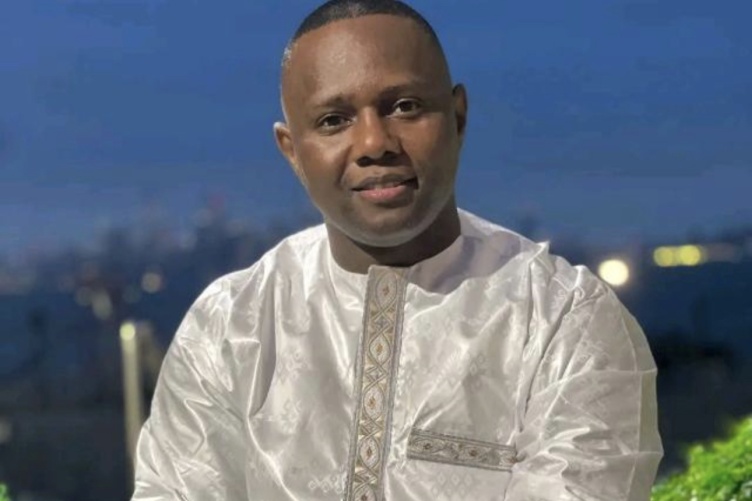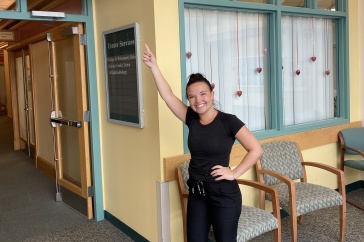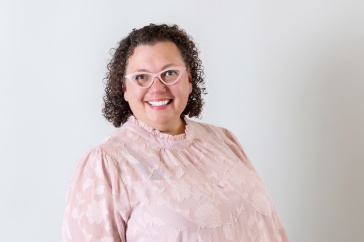
Faced with deep social injustice, some hear a clarion call to action. Alioune Sidi Mzeirigue ’22G, a self-described member of the Hratine former slave community in the Sahel region of Africa, nurtures a fiery passion to fight against the trampling of human rights. A native of Mauritania, Mzeirigue is among the inheritors of descent-based discrimination stemming from a traditional caste system and intergenerational slavery, a community locked into a cycle of poor education and limited opportunities beyond farming.
“To break free of the limitations embedded in their slavery heritage, the Hratine need access to education. To support them on a practical level I send money to my family and community,” Mzeirigue says. “On a political level I lobby for international recognition of their rights. My long-term goal is to participate in the creation of a United Nations declaration of human rights to help my community recreate their future through education and opportunity.”
With the staunch support of his teacher, Cheik Othman, Mzeirigue broke through social and financial constraints to become the first member of his community to receive an education beyond primary school. In his native country, he completed a bachelor’s degree in social work from the University of Science, Technology and Medicine as well as a master’s degree in migration and borders studies from the University of Nouakchott. To afford college tuition fees, Mzeirigue held several jobs, including security guard, street vendor and social worker.
Within Mauritanian antislavery organizations such as Counterpart International and the United Nations High Commissioner for Refugees (UNHCR), Mzeirigue has worked as a social worker and a refugee protection assistant and is currently a United Nations liaison officer at the Inclusivity Project in New York City. Due to their mandate to promote sustainable global development, his project received ECOSOC status by the UN Economic and Social Council.
With his multi-lingual talents and first-hand knowledge of West African marginalized communities, Mzeirigue secured a position as a rights expert at the Global Forum of Discriminated Communities (GFoD), an international organization that works for the rights of communities impacted because of work and descent across the globe. These marginalized groups include the Dalit community in South Asia, Quilombola in Brazil, Roma community in Europe, and the Bellah and Hratine community in the Sahel region of Africa.
"Every course in the global conflict and human securities program taught me skills applicable to my career ... UNH became my American family whose help and encouragement made my success possible."
As a social activist committed to eliminating slavery in his home country, Mzeirigue closely observes political events in Mauritania. He notes that, focused on maintaining their own power structure without regard for public needs, the current regime has crushed personal freedoms. Although Mauritania has ample natural resources, many young people emigrate to the west to find education and employment opportunities. Mzeirigue is deeply saddened to see African activists risking arrest, torture and prison but he remains committed to fighting these injustices.
Mzeirigue recently started his own business (Green Sands Consulting) with plans to develop statistical research on slavery, immigration and human security as a resource for non-government organizations working in West Africa. To ensure the success of his new business, he is actively building a political network, completing a certificate in project management, and training in data analysis and finance.
To advance his career and further expand his knowledge in international development, Mzeirigue realized a master’s degree would be invaluable. The fully online global conflict and human securities master’s program at UNH offered an excellent range of courses rich in content for his area of interest. Stepping across the stage on commencement day to receive his UNH diploma, Mzeirigue says he felt his spirits soar to the skies, not only for his personal achievement but also for the pride of his community in Africa.
“Every course in the global conflict and human securities program taught me skills applicable to my career. I use the Theory of Change assessment and evaluation template in my daily work at the United Nations to capture each critical step of a humanitarian project map,” Mzeirigue says. “As an online student, I initially struggled to make the leap from the printed word to digital communication, but the university’s team provided steadfast support in achieving my goals. UNH became my American family whose help and encouragement made my success possible.”
Mzeirigue's values are deeply rooted in his vocation as a human rights activist, but his face lights up when speaking about the birth of his daughter. He hopes that one day the Hratine community in Africa will enjoy the same personal freedoms as his American-born child.
“Mauritania is my home. The United States is my home. I am home when I fight for the rights of marginalized communities. I am home wherever I am free to express myself. Justice is my dream for the global community,” Mzeirigue says.
-
Written By:
Gwendolyn Goguelet | UNH Online | unh.online@unh.edu
















































